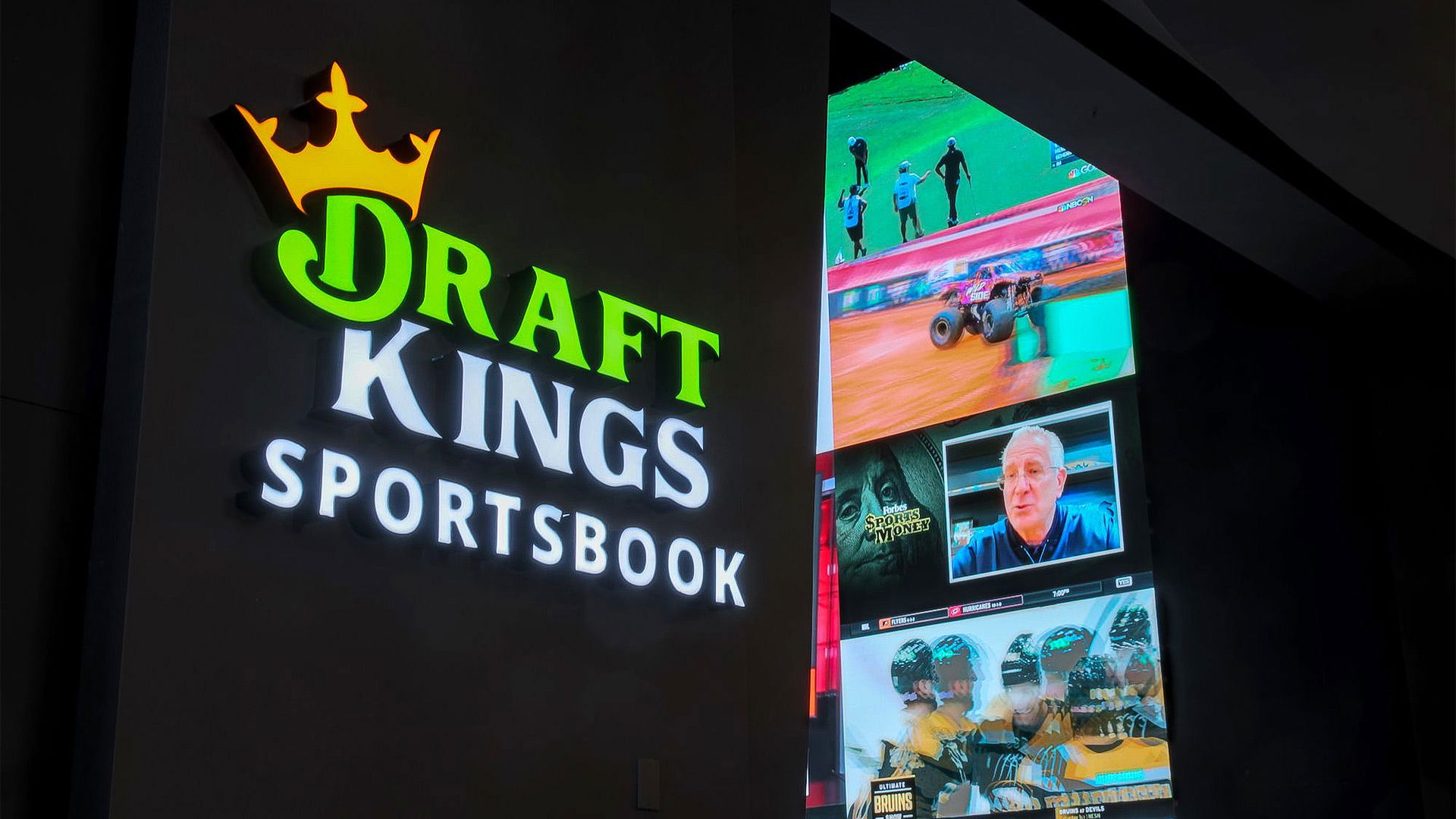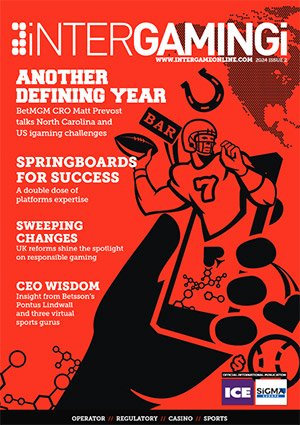"With the benefit of hindsight, Pala Interactive would never have entered New Jersey"

For Pala Interactive CEO Jim Ryan, The U.S. Supreme Court repeal of PASPA—which made it unlawful for a state and private individuals to sponsor, operate, advertise, promote, license or authorize sports betting— ain’t his first regulatory rodeo. He’s seen sweeping changes to the US market over his almost 20 years in the industry and he’s reticent to assume any prediction might come to pass at this early stage.
Reflecting on the current uncertainty around the Department of Justice’s (DoJ) reinterpretation of the Wire Act, which basically states all forms of online gambling across state lines are illegal, Ryan says, "I’m more cautious just because of experience and I’ve been around longer than most."
While New Hampshire is leading the march to have the reinterpretation reversed, the industry has broadly continued business as usual since the new opinion was published in January.
However, Ryan suggests exercising caution while there is still so much uncertainty. "Logic doesn’t always prevail in how opinions and laws are drafted and enforced. What we might perceive to be logical, will be seen quite differently by a whole segment of society, and their views are to be respected and we need to govern ourselves accordingly," he says.
He says Pala has no vested interest in being able to trade across state lines. "My perspective isn’t coming because of how we operate our business and frankly I’m not at all concerned about compacting of poker liquidity in any way shape or form." Ryan’s concern, like that of many others in the gaming industry, is that the present opinion could be interpreted in a way that shuts down intra-state gaming. "Because intra-state gaming might not, but internet transactions do cross state lines." Transactions including payments, settlement of payment, geo-location – a whole host of internet-based processes, that could be deemed unlawful under the reinterpretation.
"It’s disruptive in any case, it’s already been disruptive," he says. "I’m sure capital markets are viewing the sector differently than they had prior to the letter being written, I’m sure those that have investments or are considering investments are more cautious and companies who operate and are continuing to invest in the sector are more cautious."
Although the last week has seen the DoJ attempt to calm the nerves of state lotteries, New Hampshire’s case against the government has been given permission to proceed. "European companies keen to come over undoubtedly are pulling back and waiting to see how this thing plays out," Ryan adds. "And it won’t play out quickly."
Pala Interactive, which is the gambling arm of California’s Pala Band of Mission Indian Native American tribe, made its move into New Jersey in late 2014 – launching about a year after the market opened. At the time, Ryan told iGaming Business: "We believe we are breaking into the New Jersey market at the perfect time."
Although other licensed operators had found the market difficult, Ryan said Pala’s sole focus on the jurisdiction would enable it to get the product right and be successful.
Flash forward five years and Ryan takes a slightly different view. "If I knew what I know now about going into New Jersey, I never would have done it. It’s a market that’s controlled by trusted land-based brands – that’s not going to change."
That said, Pala has built a brand in New Jersey, by doing precisely what it set out to do at the beginning, set up a product with the most user-friendly payments systems, player journey and registration process. "We complemented that with the best gaming content in the market and fabulous customer support," Ryan adds, but it still wasn’t easy. "The lesson we’ve learned in New Jersey is the cost per player acquisition, if you’re coming into that market without a brand, is high. Be prepared to spend $700+ plus per acquisition until you build a brand."
Over the years, Ryan says that cost has fallen to between $300 and $400 dollars per player but he describes it as having been 'brutal' to begin with. He won’t give away lifetime values of Pala’s players in New Jersey except to say they’re 'fabulous.'
Asked whether it’s a market foreign operators and others should be looking to enter now, Ryan reprises his air of caution. "Here’s the challenge, you can’t just walk into that market, you’ve got to secure a license and that license is going to cost you seven figures. So you’re going to go and build a brand, you’re going to go build a database on the back of investing millions of dollars and you’re going to be acquiring players at $700 per player in the early stages of your business. It’s hard," he warns.
The market is pretty much tied up by a handful of operators he explains, Golden Nugget occupies 33.7% of the online casino space, with Resorts Digital second in command at 21%. Pala’s casino partner Borgata sat in the third position in iGaming Business’ most recent breakdown of the market with 14.2%.
Likewise, in sports betting FanDual and DraftKings have broad control leaving little room for new entrants, according to Ryan. "Casino and sports betting have been two completely different experiences and we’re all in shock and awe that what happened in the land-based," Ryan says.
"In other words, the land-based guys control the casino industry – we’re all in shock and awe that that didn’t happen to a greater extent than we see today in the online sports betting. Stay tuned though, they’re sophisticated organizations. I’m sure they’re not taking this lying down."
He says Pala has no plans to roll out a sports betting product in New Jersey at this stage, although Pala does offer sports betting through partner platforms, such as SBTech, in other states as part of its B2B offering.
"We’re bidding on some business right now in both Michigan and Pennsylvania and as part of our bids we offer the customers the possibility to pick a sports betting platform," he says. "We operated B2C in New Jersey simply because when we launched everybody had a technology platform already and so we couldn’t get any takers for our B2B – we got there too late."
Asked for his prediction on how the US will unfold post-PASPA, he says: "It’s going to be hurry up and wait."
Recalling his “past life” as co-CEO of Bwin Party, he says: "We did a deal with Boyd Gaming and MGM and secured market access into the US and as god is my witness, I thought we would own New Jersey. As it turns out, it doesn’t matter how successful you are in Europe, it doesn’t matter how good your brand is in Europe, nobody’s aware of it in New Jersey."
Jim Ryan will talk more about his experiences of cracking the US market and whether he thinks wrangling over the Wire Act could lead to more clarity in the long-term at ICE North America in Boston, 13-15 May 2019.















































